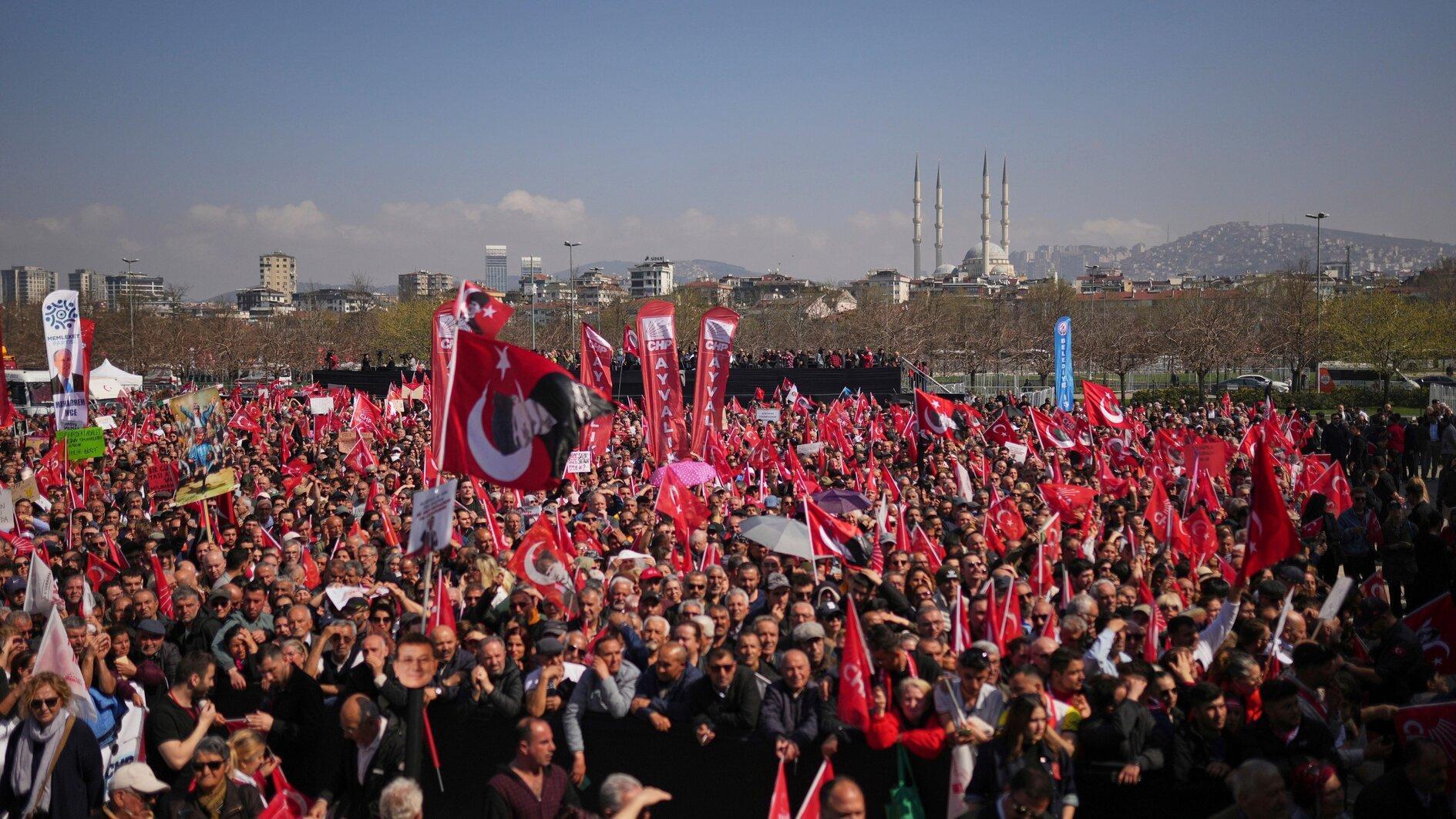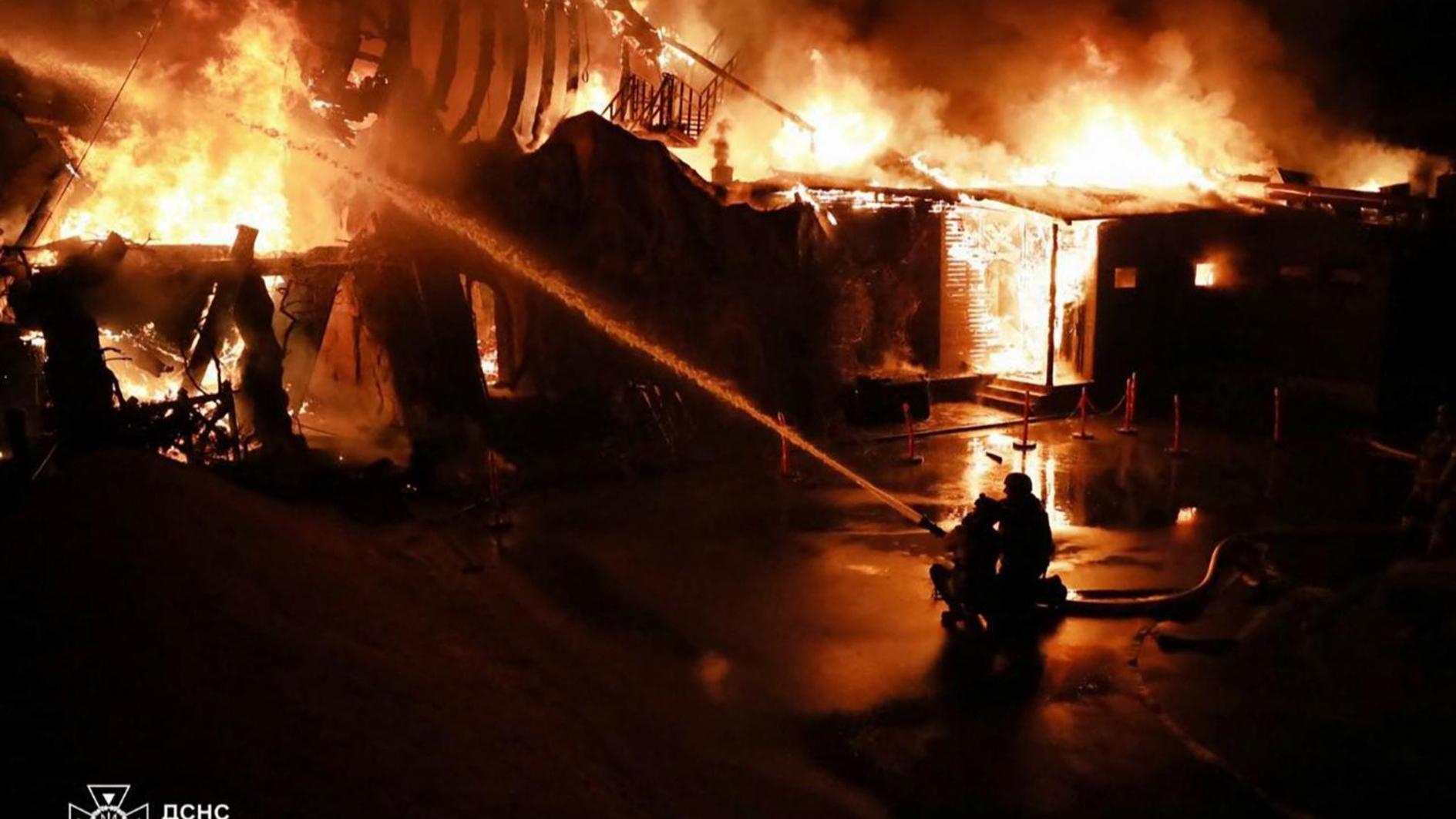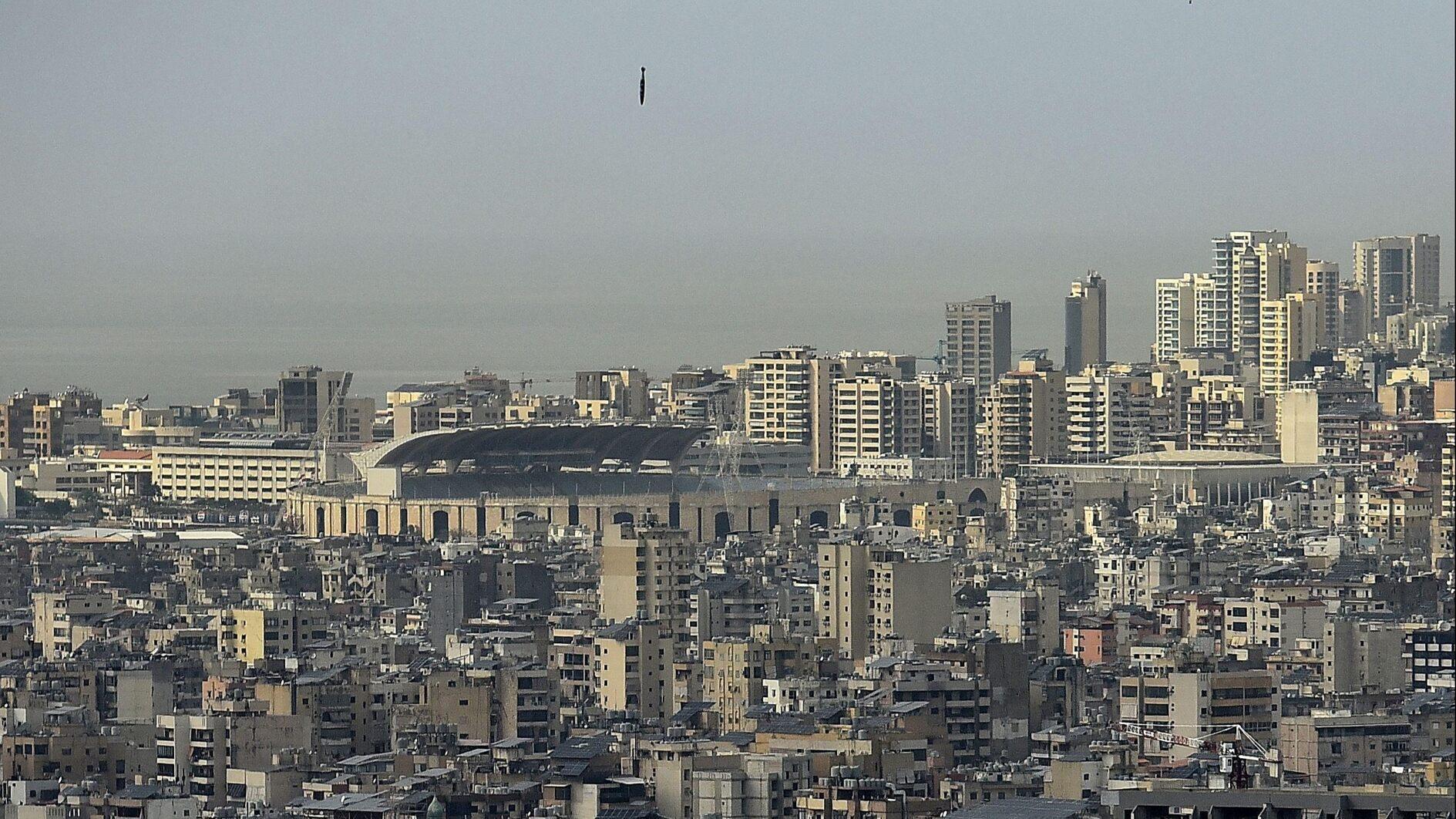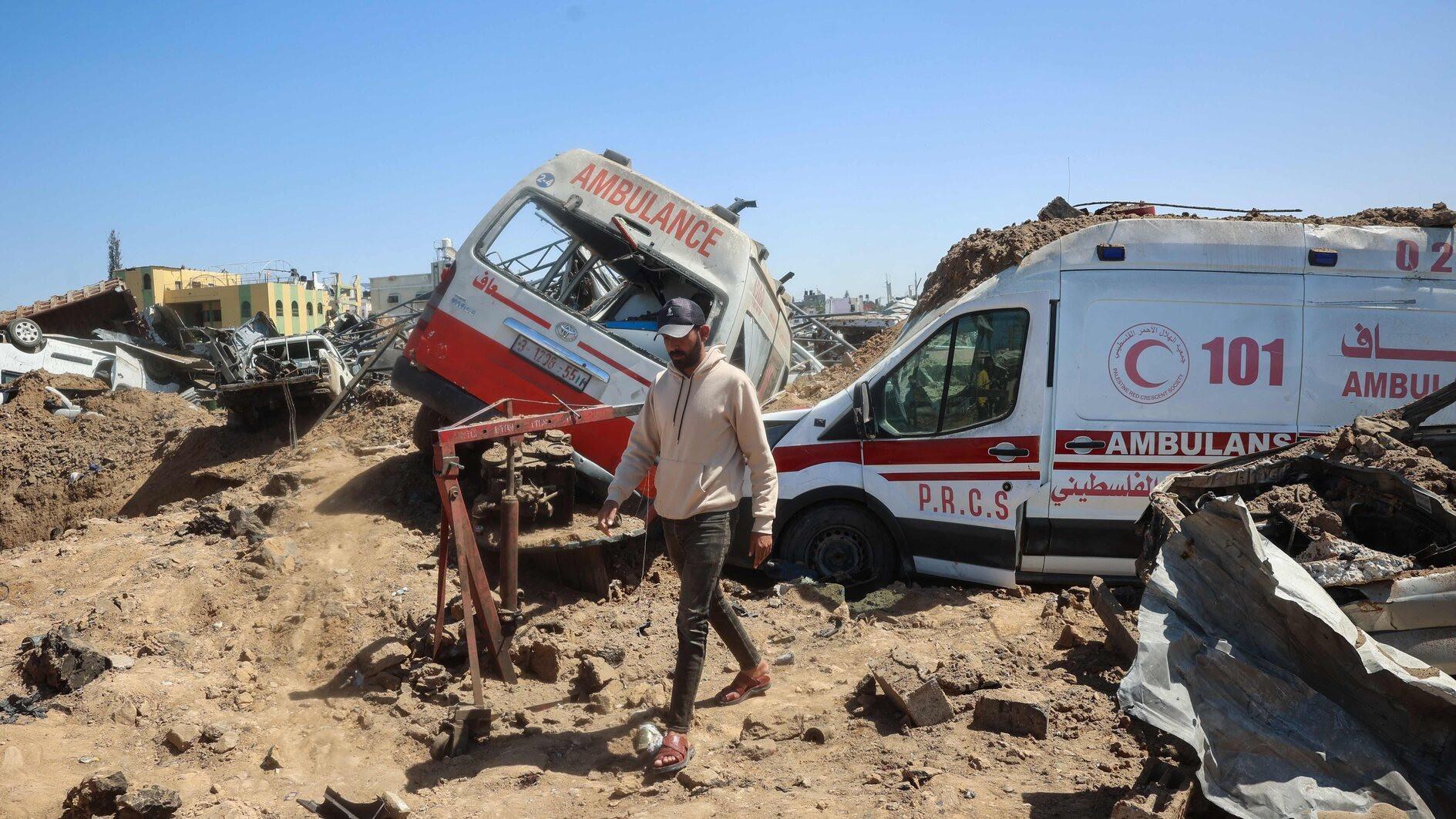Arab youth prefer a ‘slower system change from within’
Barçın Yinanç - barcin.yinanc@hdn.com.tr
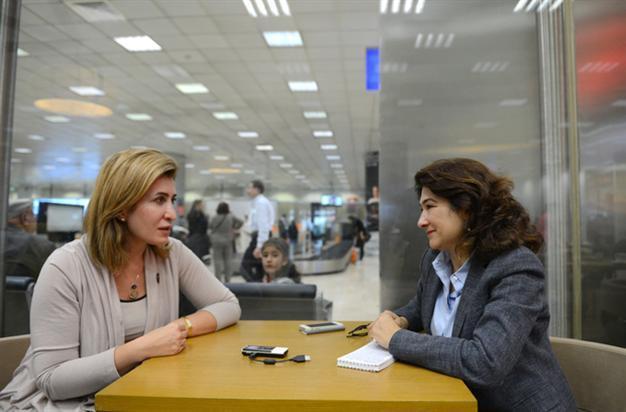 Even though many may have thought that political revolution was over after the Arab Spring, there has been a cultural or social revolution, among Arab youth in particular, that will have consequences in the future, according to Bessma Momani, who recently penned a book about Arab youth.
Even though many may have thought that political revolution was over after the Arab Spring, there has been a cultural or social revolution, among Arab youth in particular, that will have consequences in the future, according to Bessma Momani, who recently penned a book about Arab youth.But as the Syrian war made many fearful of revolution, there has been a change in tactics, argued Momani, a Western -based Arab political scientist. “The youth think, ‘Maybe next time we will work slowly to change the system from within,’” she says.
Can you tell us about the gist of your book?
The book is really about trying to see another side of the Arab world we don’t often hear about. It’s a positive story. When we talk about the Arab world, we have a snapshot of what is today perhaps overtaking the news, whether it’s Syria, conflicts in Iraq. But there’s more to it than the crisis.
In your book you talk about three noticeable changes.
First, on the economic front. The essence of the Arab political and social contract is “we give you generous welfare, we give you all other benefits, but don’t ask for political liberalization.”
One of the things that happened with globalization is that those kinds of expectations are no longer there because the government is no longer providing. The new generation does not look at the state as the father figure, let’s say. The Arab youth today realize that they have to make it on their own.
The rise of education in the Arab world is phenomenal. Education is really important because they’re not depending on their sect, their tribe or who their father is to get ahead on in life.
Quantity matters but how about quality in education?
It’s not enough to say numbers; there needs to be a mass improvement in the quality. But what I wanted to point out is the confidence. They feel educated and they feel ready so there’s an empowerment and change in their values. I have heard this over and over again, “I have a university degree. I want to succeed. I want an opportunity.”
On the political front, what were the noticeable changes?
I looked at blogs: they were extremely political and philosophical. I looked at the fact that when the youth were surveyed, 92 percent wanted democracy. But what’s interesting too is that they want an Islamic society. It is interesting even the way they rationalize the two. I know for Turkey it is something that is a conundrum; how do you balance the two? And that brings me to the identity part. Arab youth don’t see a difference between the West and Islam. They have a way of mixing the two. They will say, “I want Western values, I want a Western lifestyle and I want to be an observant of Islam. For Westerns, again in Turkey, it’s kind of you’re Islamic or you’re secular, you can’t have the two.
When you say Western values, what do you mean by that?
Part of that is a lot of consumerism, so they want all of the products. There is also free speech, gender equality. And increasingly we’re seeing change in the use of gender equality. Women should have the right to participate in all sectors of life.
Secularism is seen as atheism in the Middle East, but it is an essential Western value.
Secularism has a bad connotation, it means godless. So starting with “Do you want to live in a secular society?” answers would be overwhelmingly “No.” When we asked, “Do you want a liberal democracy?” 92 percent of youth surveyed across the region said yes. But you’re right, the question is, what does that mean? If you ask them, “Do you want to live in a theocracy?” which is the opposite of secularism, 95 percent says no. So there is no desire to live in a theocracy. But now you have the question of what’s the balance between religion and the state. They want sharia. Sharia law has a very high popularity in the Arab world, even among Arab youth.
But theocracy and sharia law are not that different.
You have to dig deep. You ask them what sharia law means to them. They say inheritance rights: it means how you get married and divorced. But then you ask “Does that mean you agree that some people interpret sharia law as you steal and get your hand cut off?” and they say, “No, that’s not sharia law.” We have to dissect what part of sharia law is in place. And we notice that when it comes to criminal law, they don’t want sharia law. But in terms of civil nature, they want the option of sharia law.
But sharia law in civil terms works to the disadvantage of women, yet you included gender equality when you said Arab youth had no problem with Western values.
I think the point is that they interpret sharia law in a very liberal way. We know sharia has a wide discrepancy. To them, it’s about customs, rituals and fairness; they don’t think sharia law means the same as the Western conception of sharia law. They may be wrong in terms of their understanding about sharia law. But it is much more liberal than we give them credit for.
Let’s go on with you analysis.
Actually, in social relations, I tried to show that they are much more cosmopolitan than we think and much more tolerant then we assume. Saudi Arabia now sends 300,000 students abroad to study. Last year 43 percent were women.
But on the other side, there are those joining radical terrorist groups.
Saudi Arabia is a country of 25-30 million. Why are we privileging the fact that there are 5,000 jihadists that left from there, while I’m giving you a story of 300,000 going to study abroad?
That’s the frame of how we see the Arab world. When we think of Arab youth, we say, “Oh, they are all disenfranchised, they are all frustrated.”
What will the future bring, as many see the Arab Spring as over?
I believe the social and cultural values of the Arab Spring are still there: The same cries for economic opportunity, for bringing down corruption, for political freedoms such as freedom of speech. But there is a change in tactics. It’s different in different countries. The Egyptian youth said, “We realized we were so focused on taking down the regime, we didn’t talk about what happens after. We didn’t have a plan.”
I think the war in Syria has made many Arab youth very fearful of revolution. I think that changed the mentality about revolution. They think “Maybe next time we work slowly to change the system from within.” But if we look at the demographics of the Arab world, the youth bulge is 25. Who will be the decision makers in 10 years? Who is going to be the deputy minister? It’s all the youth. Those values of the youth are going to become the generation of decision makers.
So Arab governments should not be complacent. They have to start institutionalizing reforms right away. There is a sequence of what the youth want: economic opportunity first. They want to get rid of corruption and all of economic barriers first. Arab governments have 10 years to get economic reforms in place, to get these people working and give them economic opportunity, but don’t you give up on political democracy.
How is the perception of Turkey?
Some Turks don’t want to hear this but there is a Turkish model in the Arab world. Some countries may find that Turkey’s involvement in the Syrian war has given the model a negative perspective but overall throughout the Arab Spring and even before there was a very positive view.
What is the Turkish model? It’s to create a society that is economically growing with lots of opportunities. It’s a place that allows for Islam in daily life. As much as secularists might have a hard time seeing this, they do appreciate the idea that a Muslim party has an opportunity to compete. They view the Turkish model as positive and I think sometimes they are critical of Turkish actions with respect to Syria but I think if you take out the geopolitics, overall, Turkey as an economic model is very high. People still look up to it as an example.
What is your advice to Western governments?
I would say invest in projects that produce jobs for Arab youth. And one has to be very careful in dealing with Arab governments that repress their societies. Look at what Russia is doing with supporting the Bashar al–Assad regime. I think you [Russia] have made an enemy of yourself for a generation of Syrian youth who look at you as a hegemon in the region. I think Western policies need to be ones that don’t just make deals with governments for profit but look at the development aspect of it. Are they creating inclusive growth and jobs for young people? As long as Western governments make clear that their relationship is with the people of those countries, not with the individuals in power, they will be received more positively in the long run.
Who is Bessma Momani?

Dr. Bessma Momani is an Associate Professor in the Department of Political Science at the University of Waterloo and the Balsillie School of International Affairs.
She is also a Senior Fellow at the Centre for International Governance and Innovation (CIGI), and has been Non-Resident Senior Fellow at the Brookings Institution in Washington, D.C. and a visiting scholar at Georgetown University’s Mortara Center. She is a 2015 Scholar of the Pierre Elliott Trudeau Foundation and a Fulbright Scholar.
Momani has authored and co-edited over eight books and over 65 scholarly, peer-reviewed journal articles and book chapters that have examined the IMF, the World Bank, petrodollars, the Middle East, and Arab youth. She is a current recipient of a research grant funded by Canada’s Social Sciences and Humanities Research Council (SSHRC) to study IMF and World Bank cooperation. She was also the past recipient of two previous SSHRC grants on the reform of the IMF executive board and on Middle East urbanization.
Momani is a frequent contributor to national and international media on the Arab Spring and on global economic governance issues.



